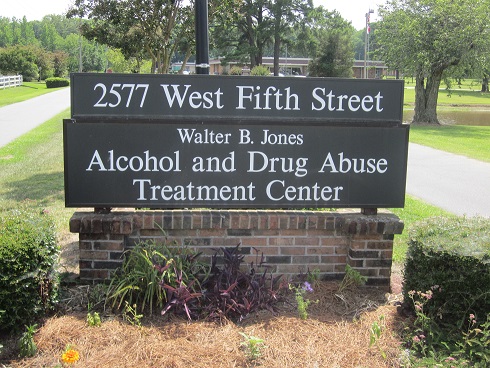|
DHHS Should Integrate State Substance Abuse Treatment Facilities into the Community-Based System and Improve Performance Management (November 2014)
Summary
North Carolina's public system for adult substance abuse treatment has two primary components—the community-based system of Local Management Entities/Managed Care Organizations (LME/MCOs) and the three state-operated Alcohol and Drug Abuse Treatment Centers (ADATCs). Separation of the ADATCs from the community-based system creates operational silos which impose challenges to utilization management and continuity of care and limits the State's ability to address service gaps and manage cost. North Carolina also lacks an adequate performance management system that tracks long-term outcomes of public substance abuse treatment. The General Assembly should require the Department of Health and Human Services to integrate the ADATCs into the community-based system by transitioning funding to LME/MCOs and requiring LME/MCOs to pay for services at the ADATCs. The General Assembly should also direct the Division of Mental Health, Developmental Disabilities, and Substance Abuse Services to strengthen its performance management by tracking long-term outcomes of treatment. |
Relevant Legislation:
Agency Actions:
Related Evaluations: |

